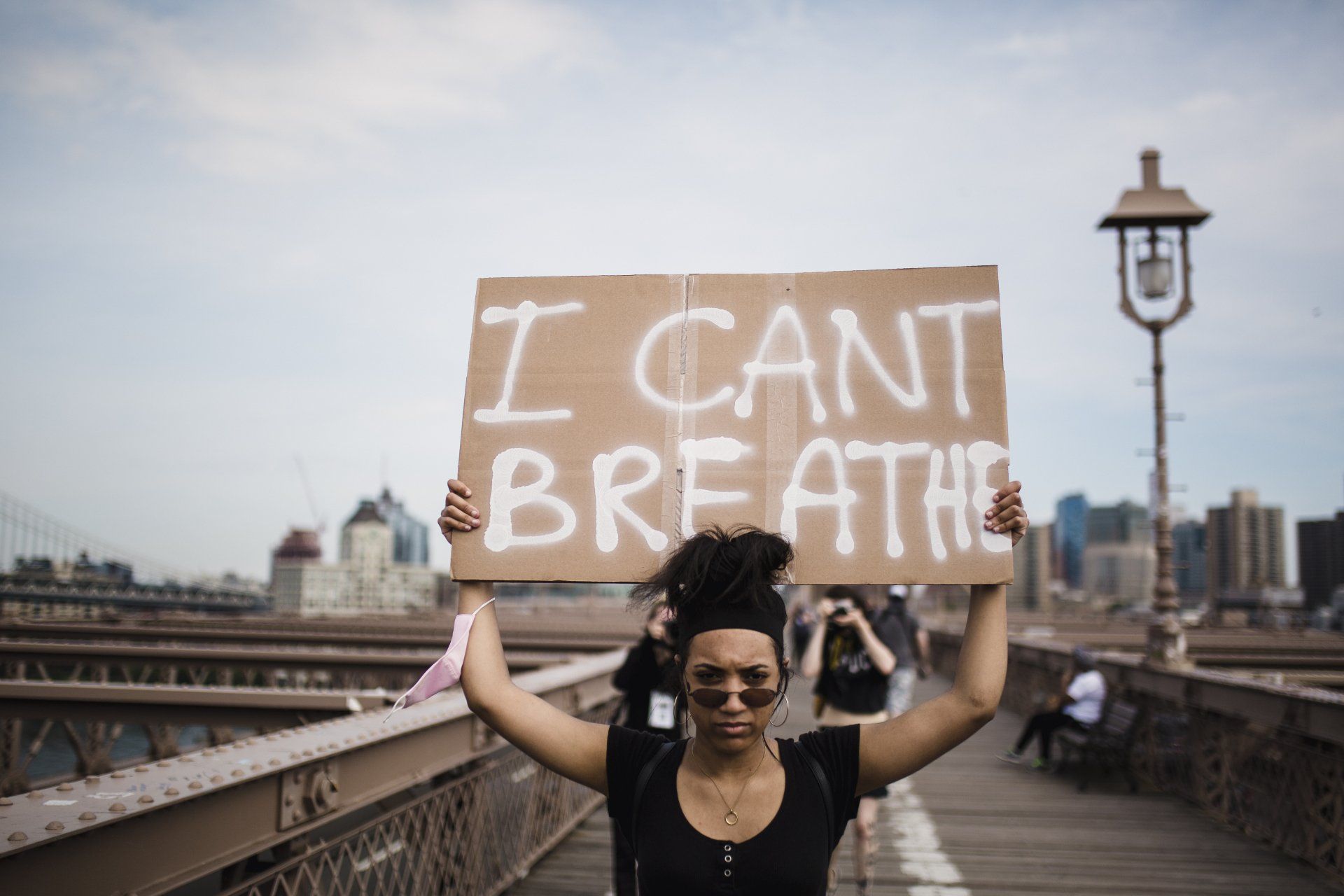When you are facing a criminal charge in Ottawa, the courthouse you need to go to is located at 161 Elgin Street, Ottawa, Ontario. If you are released by the police after being charged, this address will appear on one of the documents that the police will give you. This document is called a promise to appear. What you will need to know as well is the various courtrooms you are likely to be dealing with. These courtrooms are located on the first floor of 161 Elgin Street, where the Ontario Court of Justice (OCJ) is. This blog provides general information about the various courtrooms of the OCJ in the Ottawa courthouse.
The OCJ
Matters are likely to be dealt with in the OCJ. There are times when your matter may proceed in the Superior Court of Justice which, for criminal matters is mainly located on the third floor. But most criminal proceedings take place in the OCJ which you will find on the first floor of the Ottawa Courthouse. To find the courtrooms of the OCJ, just go downstairs once you have entered the main entrance of 161 Elgin Street, which is located on the second floor.
Courtroom #6: Bail
If the police don’t release you after they’ve charged you with a criminal offence, you will be held for a bail hearing. Usually, bail hearings take place in courtroom number 6 in the Ottawa courthouse. Matters in this courtroom start at 9:30 am. Some bail hearings can take place in other courtrooms such as #3, but courtroom #6 is the main bail courtroom and so this is likely where your bail matter will be held.
Usually a justice of the peace presides over matters in this courtroom. But soon, you might see judges sitting in #6. You will be able to determine whether you are dealing with a judge or justice from the color of the sash the person is wearing: a green sash means that it is a justice of the peace. A red sash means it is a judge.
When addressing a justice of the peace you should address them as “Your Worship”. When addressing a judge, refer to them by saying “Your Honour”.
Courtroom #5: Remand and 1st Appearance
If the police release you after they’ve charged you with a criminal offence, or if you are released following a bail hearing, the next court appearance you will have to make is in courtroom number 5 which is also known as the remand court. In #5, you will have your first appearance in court, whether it is or not after a bail hearing. You will also appear in number five for administrative matters such as adjournments.
Matters in this courtroom start at 8:30 am. If you have a lawyer, the matters are addressed by alphabetical order of the lawyer’ last name. If you do not have a lawyer, you will have to wait until the matters for which lawyers are retained are dealt with.
Usually, a justice of the peace sits in #5. You will be able to determine that from the green sash they are wearing.
Courtroom #7: Guilty Plea
If you want to plead guilty to the charges that you are facing, usually #7 is the place to go. Matters in this courtroom start at 9 am and are presided over by a judge.
Those are the main courtrooms you need to know about when facing a criminal charge. There are other courtrooms that serve specific functions but they may or not be relevant to your case, such as mental health court and federal remand court. The main courtrooms you need to know about when you are first facing a criminal charge are the ones discussed in this post.
Finally, if you need assistance and you do not have a lawyer, you can always ask duty counsel for assistance. Their office is located between courtrooms #5 and #6.

About The Author
Maya Shukairy is a criminal defence lawyer based in Ottawa, Ontario. Before becoming a criminal defence lawyer, she worked in a Crown’s Office gaining experience working as a Crown prosecutor. Maya offers her services in English, French and Arabic. Shukairy Law has affordable rates and accepts Legal Aid certificates.
CAUTION: the information on this page does not constitute legal advice and is NOT a substitute for legal advice. To obtain legal advice please refer to a lawyer. If you do not have a lawyer and you are seeking legal advice, you may contact us at (613) 670-5819.
Take a look at a few other posts...

TELL ME ABOUT YOUR CASE
My Office is located in downtown Ottawa close to the Ottawa courthouse.
Contact us
Thank you for contacting me.
I will get back to you as soon as possible
There was an error sending your message.
To contact Maya please call 613.421.1589
All Rights Reserved | Shukairy Law


